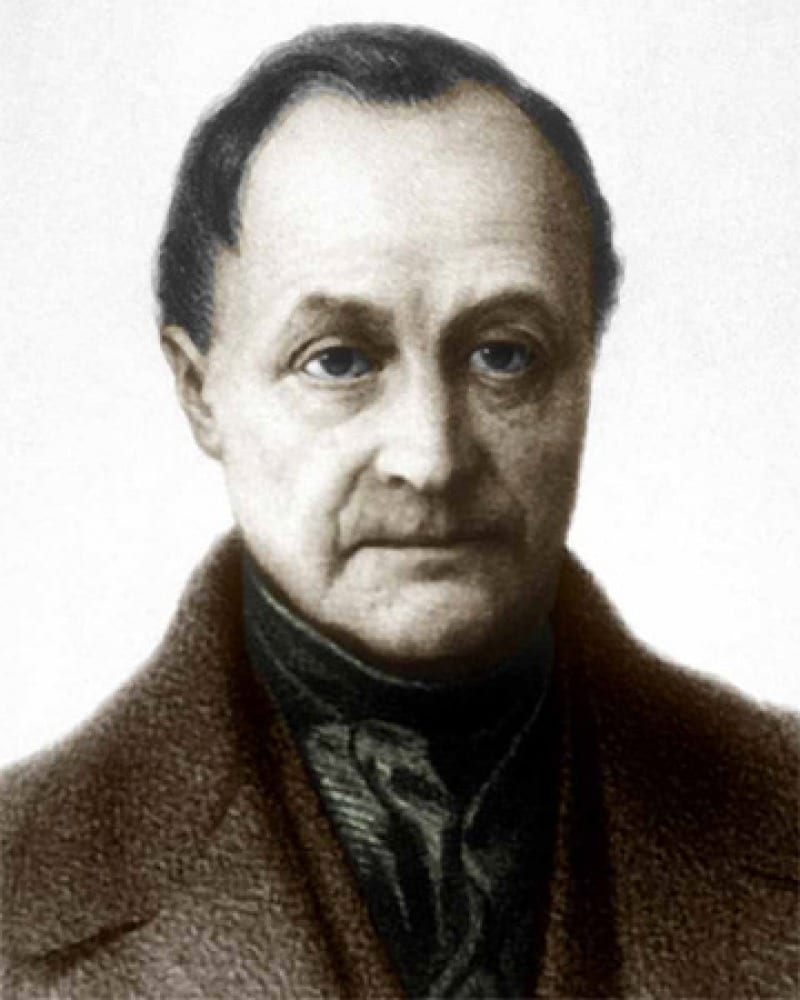
Before the weekend break, in my post earlier, I mentioned that the distinction between atheism and theism is probably the most ancient and serious distinction that has been around. The question of when and why religion began appearing on the earth is something that has always intrigued me. Did the arrival of the practice of religion predate therevelation of God himself to humanity? How does this correlate with the creation story of Genesis? A new field of study has started to pick up steam: Fundamental Anthropology of Religion
, so named by Fr. Ries, a scientist and recently named honorary Cardinal. He says that man has “been religious since the time ofAustralopithecus Lucy,” and when asked for evidence from Andrea Tornielli, he says:
But why did man stretch his arms towards the sky? When I say Adam and Eve, I am referring merely to the first human beings in whatever stage between monkey or man or whatever time period that they existed. Wouldn’t Adam and Eve have automatically known of God’s existence before the fall? It seems that if Genesis were taken literally, they would have known for that short period in which they behaved themselves, and afterwards their “communication line” to God would have been cut by their own actions and thedamaging of their true nature. But even then I suppose this all depends on how you interpret Genesis.
The question of how to interpret Genesis is not a new debate, contrary to the popular belief that Darwin’s theory of evolution caused the book to lose credibility. In fact, St. Augustine wrote an entire book in the third century on the topic called “De Genesi Ad Litteram” or “On the Literal [or not] Interpretation of Genesis.” In it he says:
Essentially, this is making the point again that God would have also written the “book of nature” as it is called and if our scientific or other observations of nature itself appear to contradict what is written in the divinely revealed word of God, then it is our interpretation of that word that is not fully on the mark. We cannot deny what we see with our own eyes because God created nature itself. He is trying to speak to us through both.
The book of nature itself, which this college
is trying to promote, could have easily served as tentative knowledge of God for these people. It would have obviously be enough to spark the search, yearning and attempts to fill the void which they felt within themselves and through this we can come to a minimal, Pre-revelation understanding ofGod. I wish to also point out one mistake that many of us moderns make when reading ancient literature (such as Genesis) because of our assumption that texts are either fiction or non-fiction, to which the scientific way of thinking can be applied. We have to remember that we cannot apply a strict scientific analysis to the writings of early authors simply because many of their histories simply do not fit into either fiction or non-fiction. Theancients told their ‘facts’ or histories that they wanted to pass on through stories that were fabrictated, interesting and easily handed on. They were symbolic. Just a basic example is Hercules in Greek mythology.
As humanities continue to go out of vogue in the 21st century because they directly make less money than the modern sciences, I would not be surprised if a few hundred years from now, there would be a couple articles written on why “There is no evidence Hercules ever actually existed” or “Why the Serpent Could Have Never Told Eve to Eat the Apple Because Snakes Oral Structure Doesn’t Allow for Speech.” Yea, we get the point. Can science even offer an opinion on how to interpret Genesis when it is purely a linguistic and metaphorical matter? Any thoughts?
|

